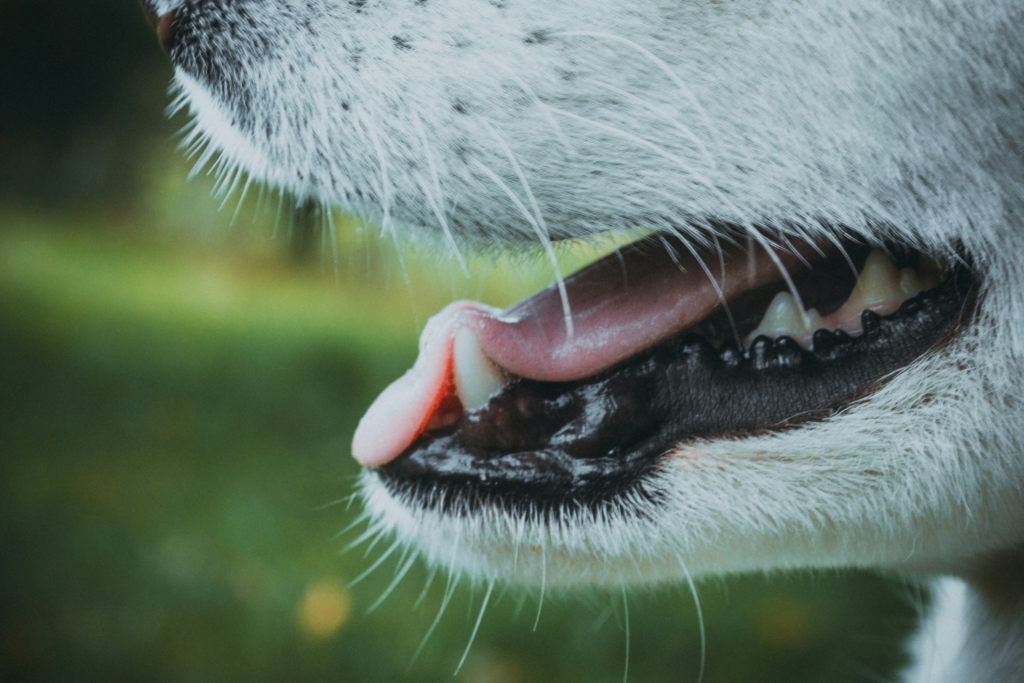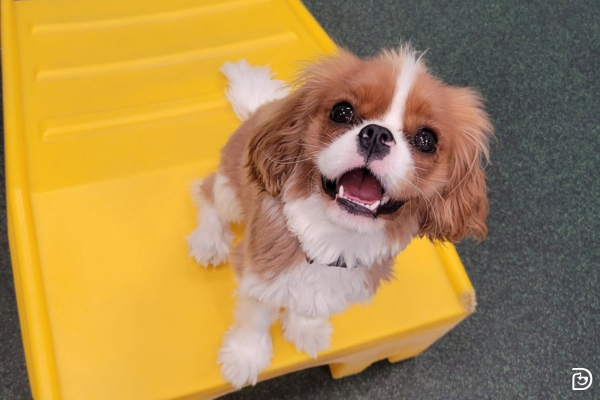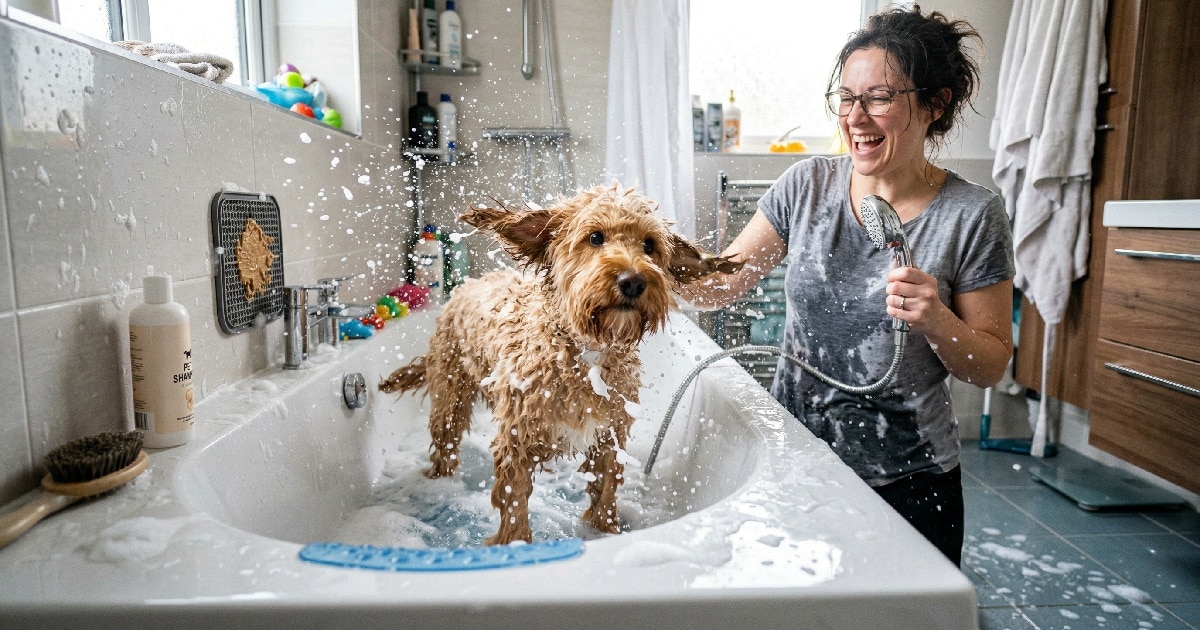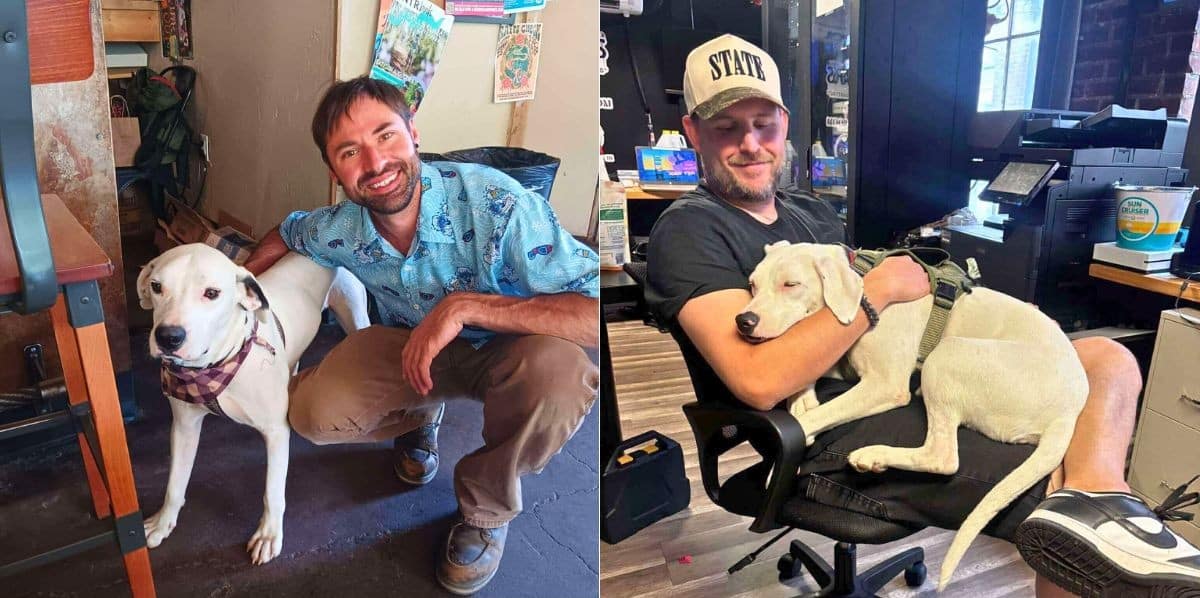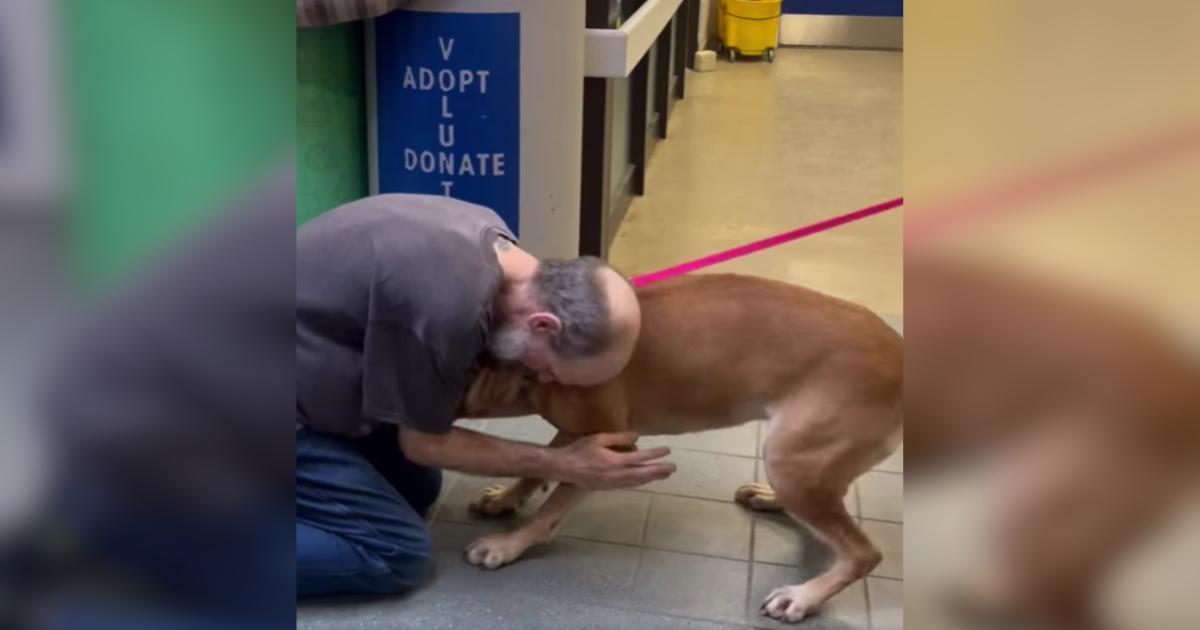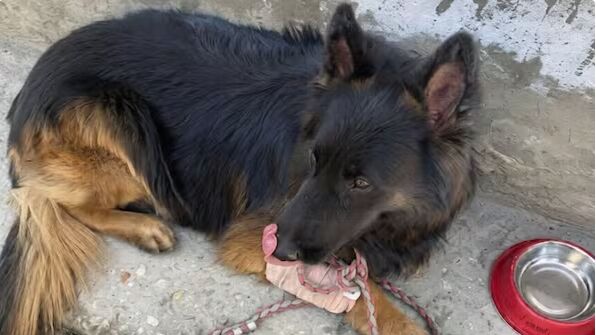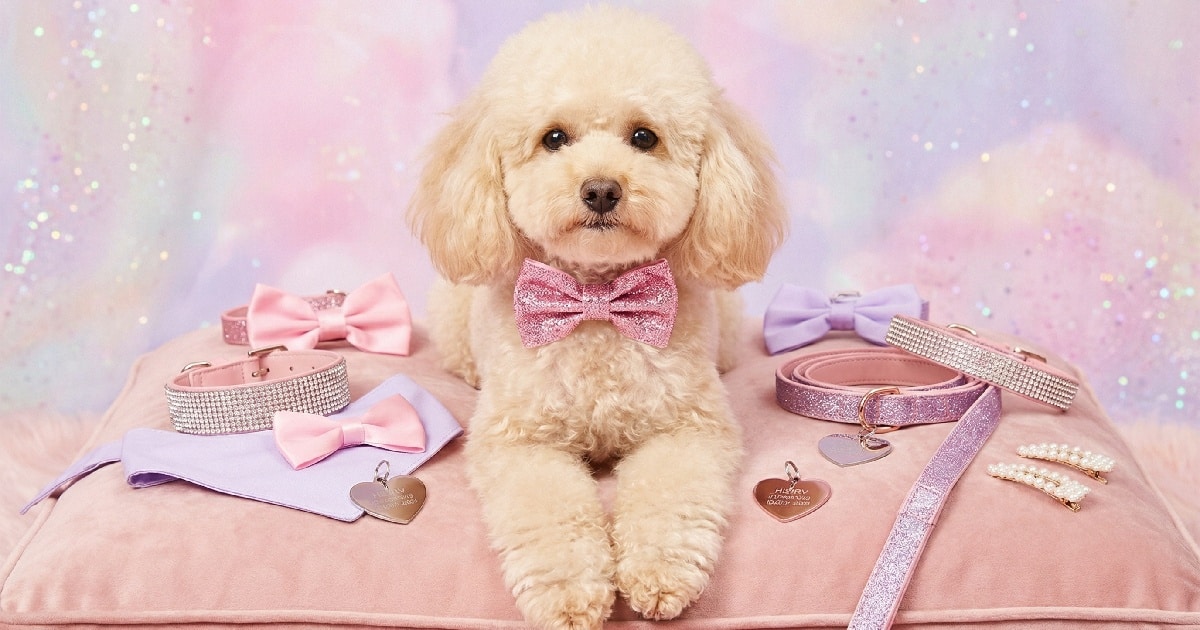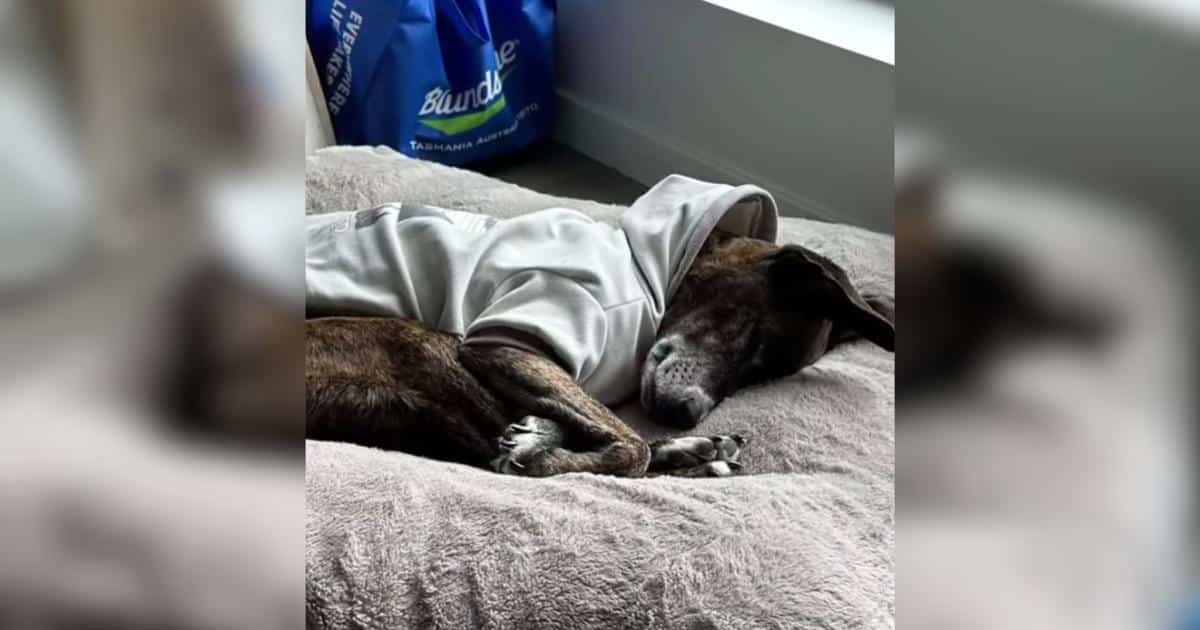Whether you are a first-time pet parent or it’s the first time your dog has lost a tooth, it’s common to have questions and concerns about what you should expect versus what needs immediate attention. PetLabCo. recently published an article that explores what is and isn’t normal about dog teeth loss, which includes insight from Dogtopia’s own Veterinarian, Dr. Antje Joslin.
Keep reading to find out the five things you should know if your dog experiences loose teeth and/or tooth loss.
1. IT IS NORMAL FOR PUPPIES TO LOSE TEETH
Puppies have fewer teeth than adult dogs, with 28 teeth compared to the 42 found in adults. Like humans, puppies are born without any teeth. As they grow, they develop their “baby” teeth, which are also known as their deciduous teeth, at around three to four weeks old. These teeth eventually fall out and are replaced by permanent, adult teeth at approximately three to four months old. That’s why you will notice a significant increase in the number of teeth as your puppy ages.
2. IF YOUR PUPPY LOSES A TOOTH WHILE TEETHING, DON’T PANIC
Your pup has been exhibiting signs of teething, such as increased chewing, drooling, and whining, and you notice some blood or even a tooth on the floor—this is totally normal! As they chew, often to relieve discomfort, this can happen and is typically not a cause for concern.
3. TOOTH LOSS IN ADULT DOGS SHOULD SIGNAL A CAUSE FOR CONCERN
If your dog has reached adulthood, or they’ve already gone through the process of losing their puppy teeth and all their adult teeth have grown in, a loose tooth can be a cause of concern. Loose or falling-out teeth are not safe or natural for adult dogs, and they likely need veterinary care to determine the exact cause.
Just as with humans, adult dogs cannot regrow their teeth after they are lost. While puppies experience tooth loss and regrowth, this is permanent for adult dogs.
If your dog does have loose teeth, it is important that they receive care as soon as possible. “Contact your veterinarian or veterinary dentist for a full dental work-up and appropriate therapies, including extraction,” Dr. Joslin recommends.
4. PERIODONTAL DISEASE CAN CAUSE ADULT DOG TOOTH LOSS
There are several reasons why adult dogs lose teeth. However, periodontal disease can be the likely culprit. Periodontal disease is very common; studies indicate that 80-90% of dogs three years old and older have some degree of this health issue. Other reasons why an adult dog can lose a tooth can include trauma, tooth infection, tumors, genetics, and more.
5. LOSING TEETH IS PREVENTABLE IN ADULT DOGS
One of the best ways to help prevent adult tooth loss is preventing periodontal disease from developing. Dr. Joslin explains, “The most important thing a pet parent can do to prevent dental disease and tooth loss is regular at-home oral hygiene that includes teeth brushing and annual professional dental cleaning with your veterinarian.”
At Dogtopia, our facilities offer tooth brushing as part of our spa treatments. Led by our expert team, we help pups feel comfortable and calm while helping them stay on top of their hygiene routine. Discover how the Dogtopia team at a location near you can help.
Our Dogtopia Shop also carries dual-end toothbrushes, which can help make it easier to maintain your dog’s oral hygiene at home.
To gain more insight on dog tooth loss and signs you should look out for, visit PetLabCo.

